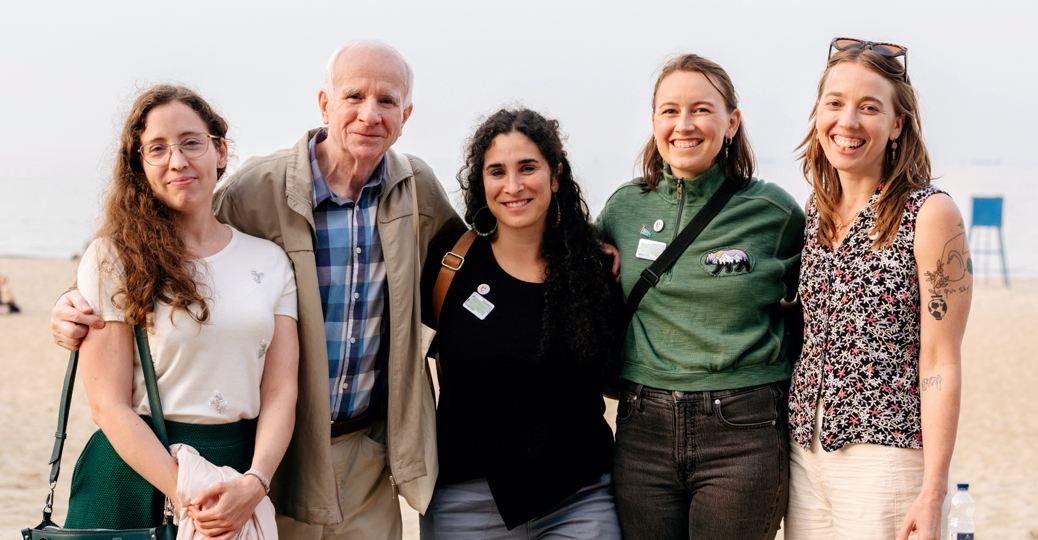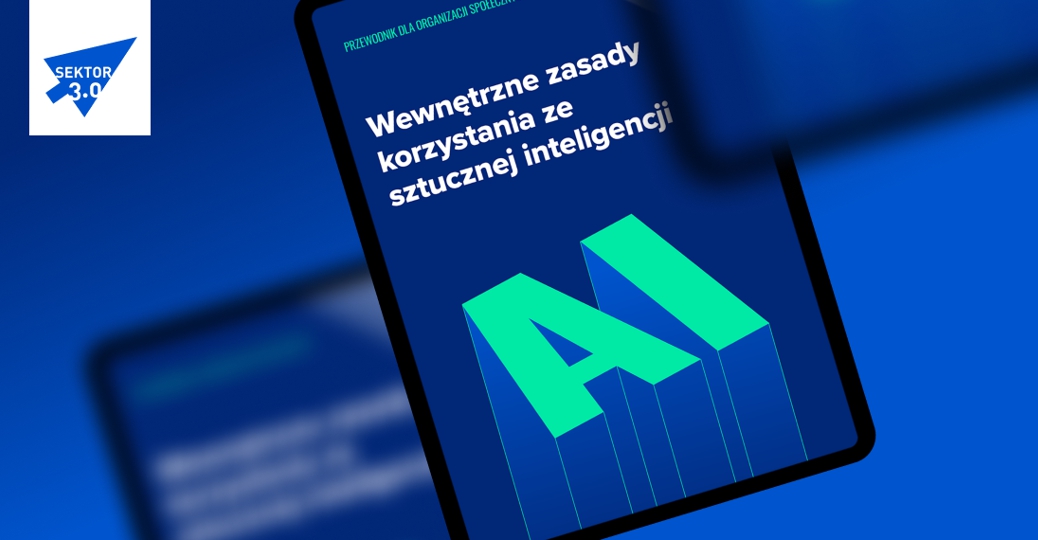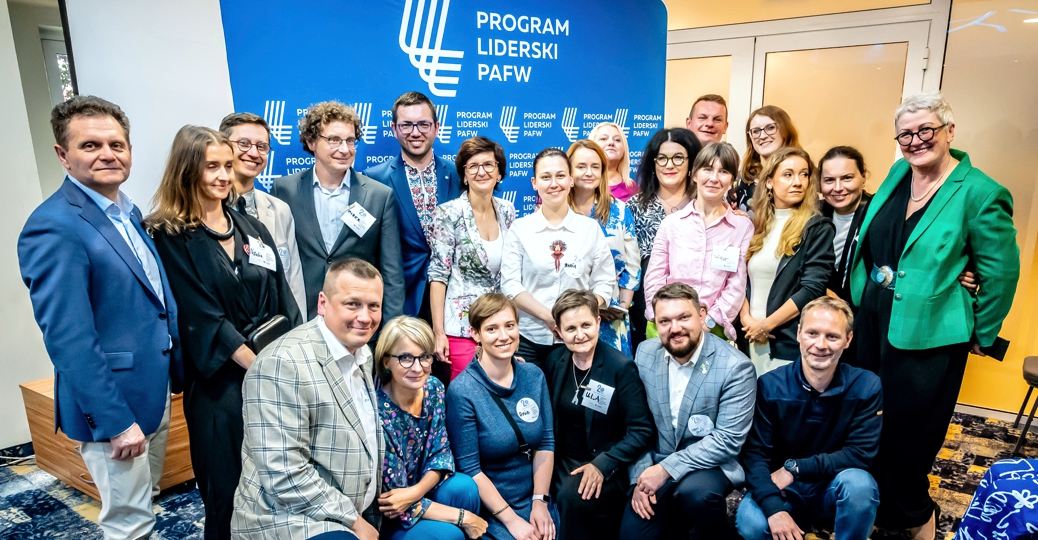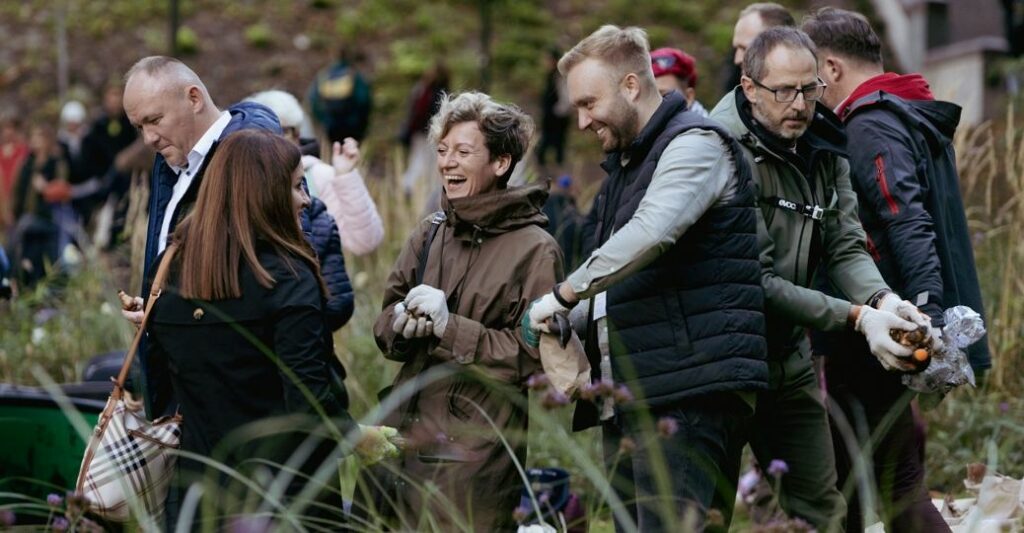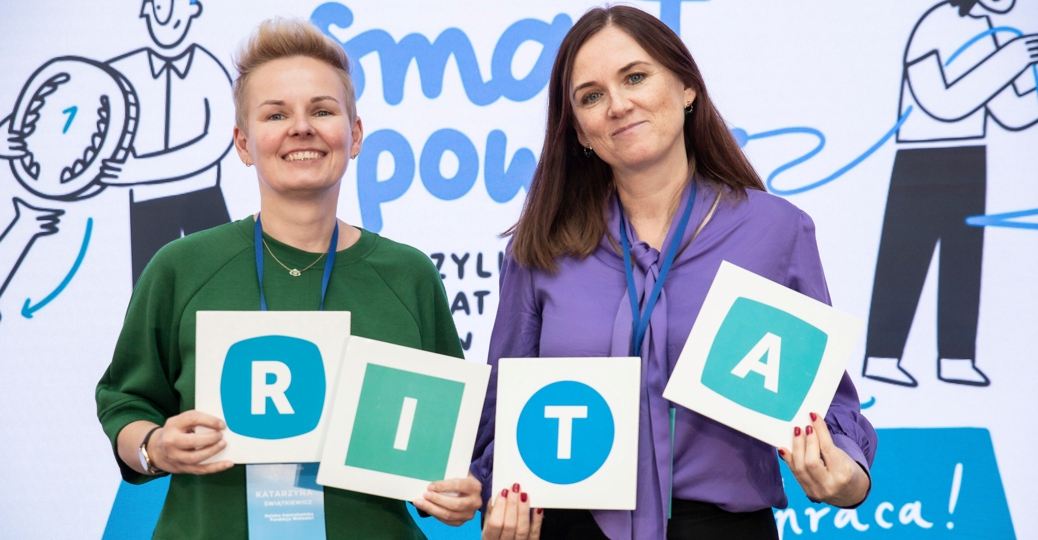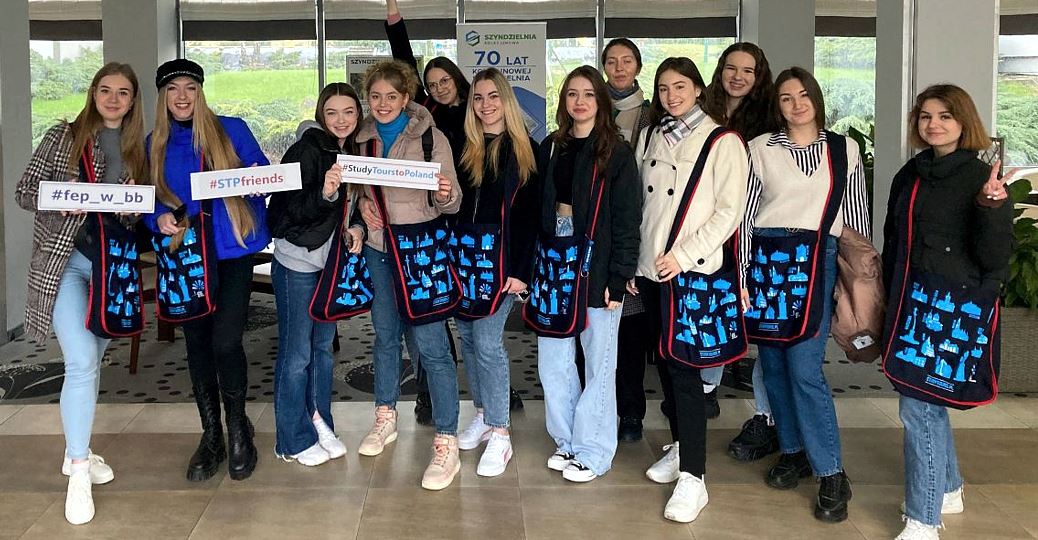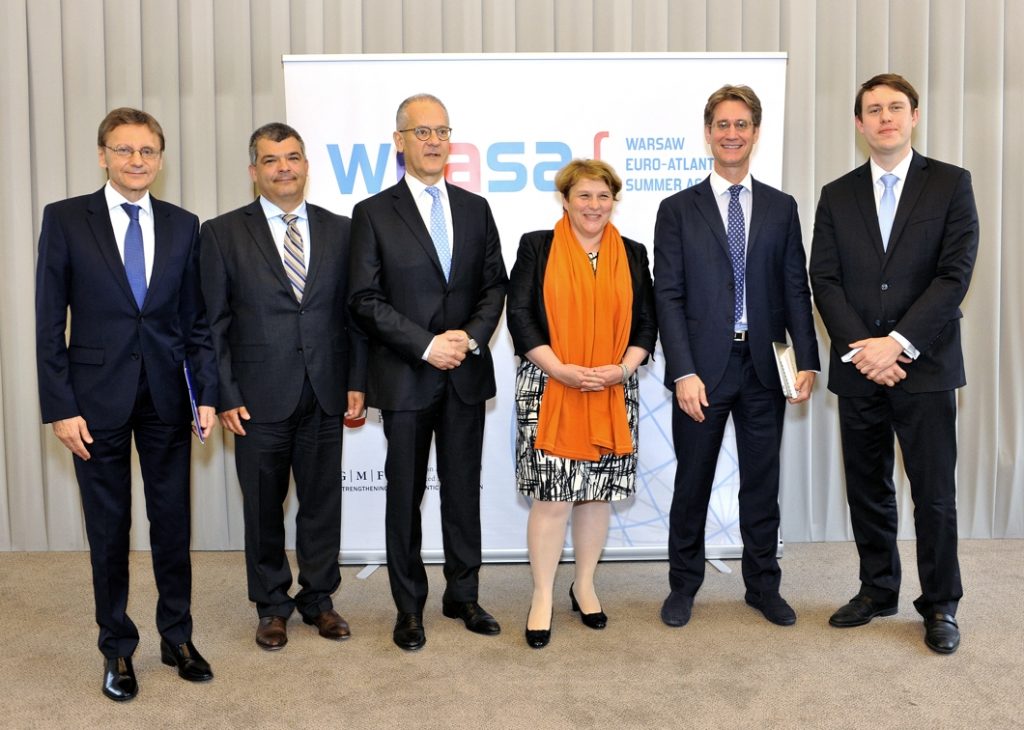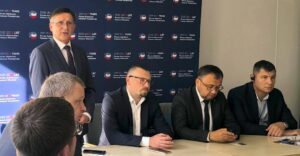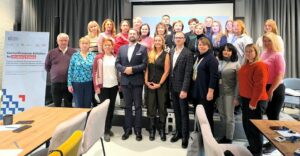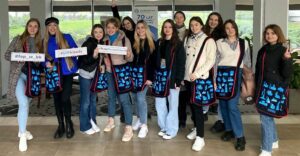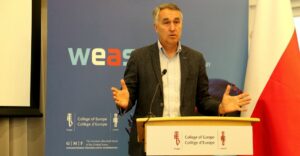The third edition of Warsaw Euro-Atlantic Summer Academy – WEASA was held at the College of Europe Natolin from June 29 – July 10, 2015. WEASA is a joint initiative of the Polish-American Freedom Foundation (PAFF), the German Marshall Fund of the United States (GMF) and the College of Europe, Natolin Campus.
This year the leading topic was energy security.
The offer of a two-week course held at the Natolin campus in Warsaw is addressed to young professionals from the East Partnership countries, that is Armenia, Azerbaijan, Belarus, Georgia, Moldova and Ukraine. The participants – analysts, civil servants of central administration offices, political advisors, think-thank and NGO employees – are selected in the open recruitment procedure. Each year there are ca. 45 participants of WEASA.

The lecturers at WEASA are outstanding Polish and foreign experts and practitioners. This year they were: Edward Chow of the Center for Strategic and International Studies – CSIS, Prof. Andreas Goldthau of Harvard’s Belfer Center for Science and International Affairs, Adam Czyżewski, the chief economist of PKN ORLEN, Frank Umbach of the European Center for Energy and Resource Security (EUCERS), and Olaf Osica, Director of the Center for Eastern Studies, among others.
The inaugural meeting was opened by Ambassador Jerzy Koźmiński, PAFF President & CEO, and Ivan Vejvoda, the GMF Vice President, who welcomed the guests, among whom there were many ambassadors of EU and Eastern Partnership countries. The inaugural lecture was given by Matthew Bryza, former US Ambassador to Azerbaijan, member of the Advisory Board of the International Center for Defense and Security in Tallinn.

The common denominator of each WEASA round is looking at the matter through the lens of European integration, political transformation (sharing Polish experiences) and transatlantic relations. The leading topic this year – energy security – was also discussed from the above-mentioned perspective. The participants had the opportunity to learn more about the “shale revolution” in the USA and its impact on the US foreign policy. There was also a heated discussion on the vision of Energy Union that could be created by the EU countries but for their various interests and needs regarding the energy security. Many participants were also interested in issues regarding alternative/renewable energy sources (their use in the Eastern Partnership countries is at the stage of development). There was also the opportunity to present Polish experiences in that area, including recently adopted act on RES.
The classes had a form of lectures, workshops and informal meetings with practitioners (according to Chatham House rules). The agenda included also competence workshops on analytical documents writing and negotiation techniques. These techniques were practiced through the simulation game.

The WEASA participants visited selected institutions in Warsaw; among others they met the PAFF staff and people carrying out the Foundation programs of the international nature.
During the ceremonious closing meeting, which took place on July 10, the participants received the WEASA completion certificates. The this-year Summer Academy was summed up by: Ewa Ośniecka-Tamecka, Vice-Rector of the College of Europe; Andrew Nagorski, Chairman of the PAFF Board of Directors and Michał Baranowski, Director of the GMF Office in Warsaw.
The WEASA alumni can make use pf the additional offer and maintain a network of contacts and cooperation.
The long-term WEASA objectives which are in line with the Eastern Partnership assumptions are first of all: accelerating the association of the Partnership countries with the European Union, developing their economic and civil integration with EU, supporting the good neighborhood relations and strengthening the prosperity and security in the countries of the region.









